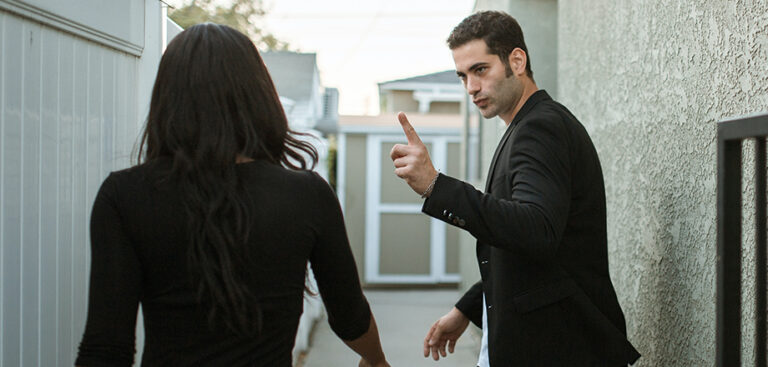What No One Tells You About After the Breakup
Everyone knows about the heartbreak.
The crying, the missing, the “how could he” and the “if only…”
But no one tells you about what comes after that.
Not the grief, but the strange and disorienting empty space where your sense of self used to live.
This is the part where you’re supposed to start finding yourself after a breakup.
Because whether you were with him for 2 years or 20…
Whether it ended in a courtroom or a slow unraveling…
There comes a moment when you realize:
“Holy shit. I gave up more of myself than I realized to make that relationship work…”
(Because that’s what we’re trained to do – fuse our worth to how well we can make it work.)
Not just in the way you showed up for him…
But in the way you shrank certain parts of yourself.
The things you didn’t say – because you didn’t want to rock the boat.
The parts of you that got quieter — because they made him uncomfortable.
The desires you talked yourself out of – because they felt like “too much.”
The way you shaped yourself to fit the relationship.
Maybe you don’t feel broken – but you can feel that something in you is ready to change.
Not because you’re in crisis…
But because the version of you who tolerated that dynamic?
She’s not coming with you into whatever’s next.
And here’s the part no one tells you about after the breakup:
It’s not just about moving on.
It’s about rediscovering and reclaiming the parts of yourself you lost or sacrificed to make the relationship work.
The compromises that felt small at the time.
The needs you silenced to keep things smooth.
The parts of your personality you edited – or performed – to be more desirable, more agreeable, more “easy to love.”
Not all at once. Not dramatically.
But in slow, subtle ways that now feel impossible to ignore.
This isn’t a reinvention.
It’s a remembering.
This part – the unpacking, the reckoning, the remembering – it matters. Because for so many women, this is the first time you’re really seeing it:
The self-abandonment didn’t start with him. It started long before that.
We’re taught – quietly, relentlessly – to make ourselves smaller in relationships.
To be chill.
To be cool.
To not ask for too much.
To lower our standards and call it compromise.
To stay quiet so we don’t seem needy.
To carry the emotional weight and call it “being supportive.”
To tolerate crumbs and call it love – just so we don’t end up alone.
And the worst part?
Most of us thought we were being good at relationships while doing it.
But now, something in you is wide awake.
And it’s saying: Never again. Not like that.
That’s why this moment matters so much.
Because this isn’t just about grieving the relationship – it’s about confronting the pattern.
It’s about finally seeing how you abandoned yourself… and choosing not to do that again.
And this? This is the moment that gets skipped.
Not because it doesn’t matter – but because no one ever told you it did.
The moment where you stop asking what went wrong with him and start asking what you’ve been taught to do to yourself to make relationships work.
It’s tempting to bypass it. To move on. To “get over it.”
But this is where everything shifts – if you let it.
If you’re here, this work has already begun.
You don’t need to rush it. But you do need to give it space.
To help you start, I’ve created a free downloadable guide that walks you through how self-abandonment shows up in relationships – and how to start coming back to yourself.
If that feels like the right next step, you can grab it here: Stop Self-Abandoning: The workbook to help you say what you mean, stop playing nice, and take your life back.
And if you’re ready to go deeper – to be witnessed in this moment and begin shaping what’s next from a place of deep self-trust – then we should chat.
It’s not therapy. It’s not a fix-it strategy.
It’s a space to meet yourself again.
To say what hasn’t been said.
To stop performing.
To finally come back to who you are – not who you had to be.
You can learn more about what that looks like by clicking HERE.
But – whether we connect or not, please don’t skip this part.
You’ve already done the hard thing by ending the relationship.







